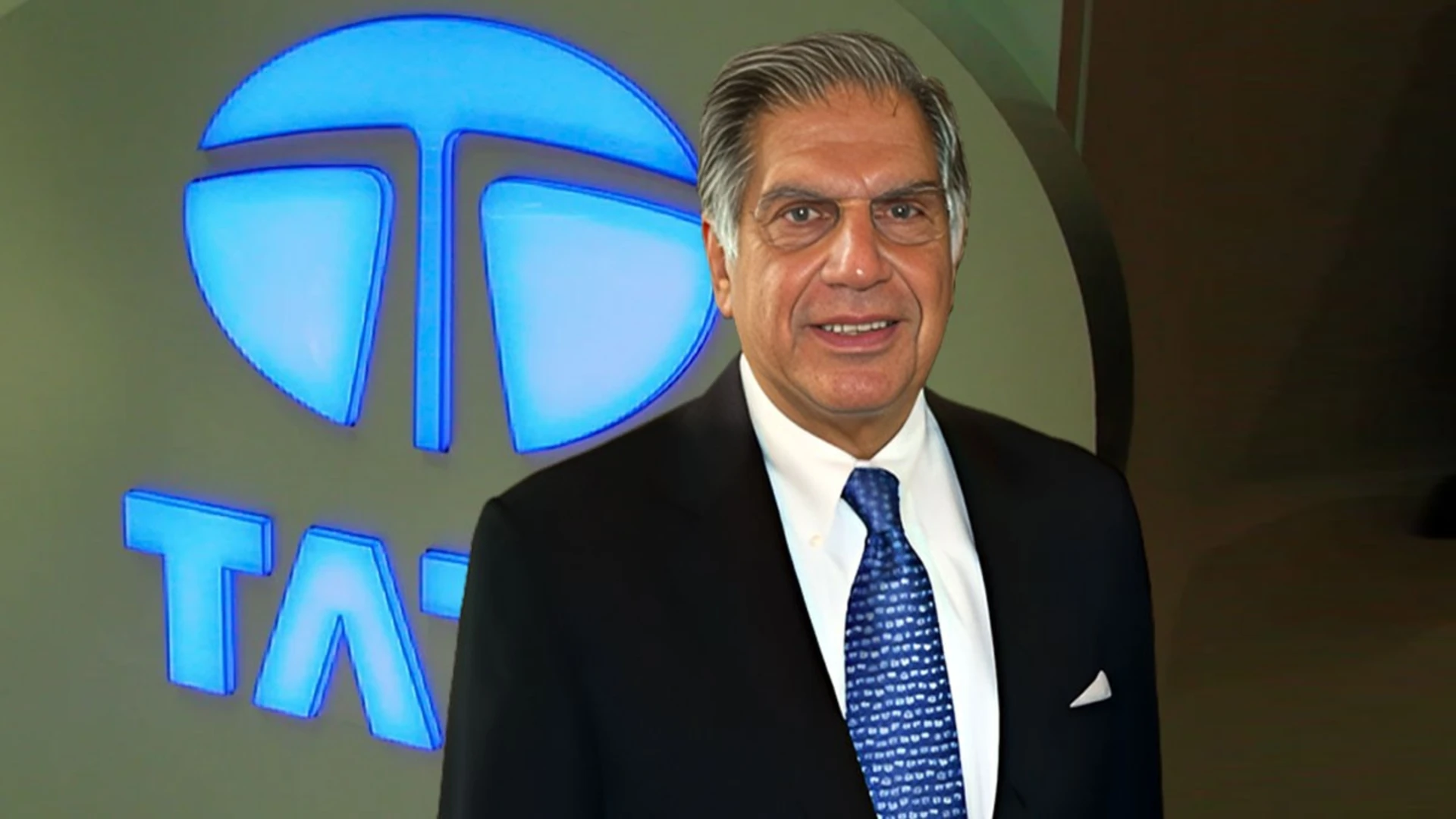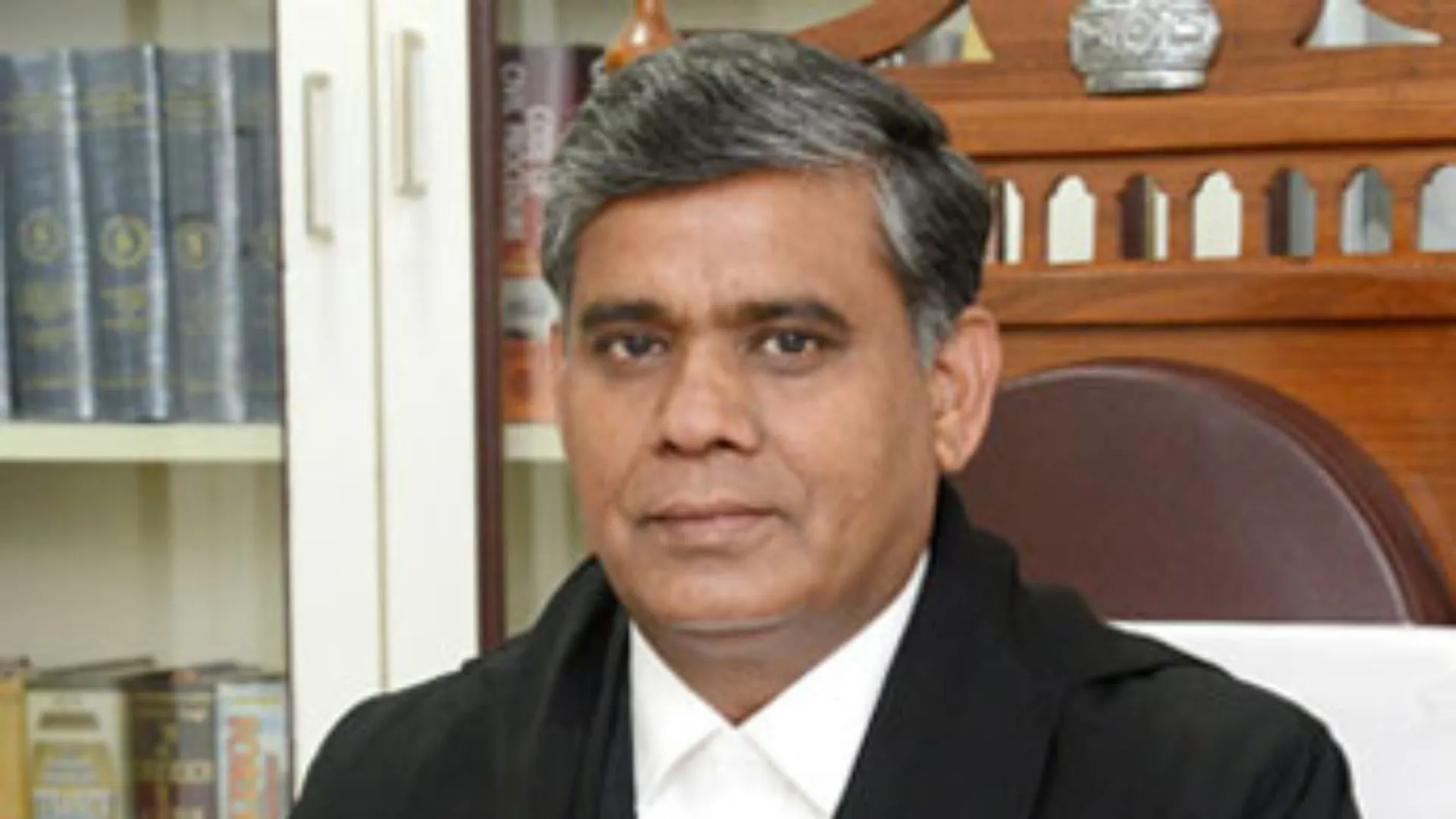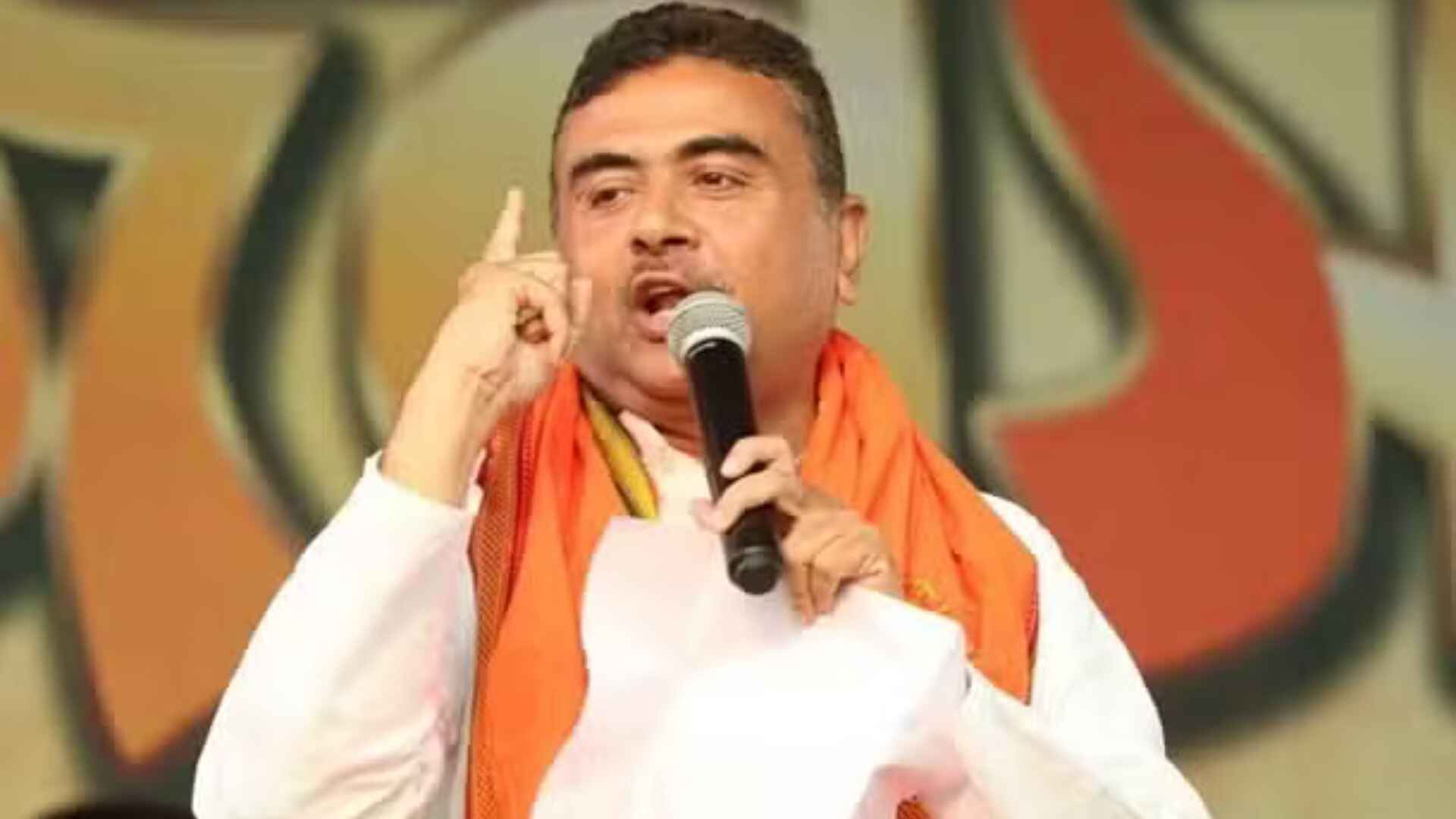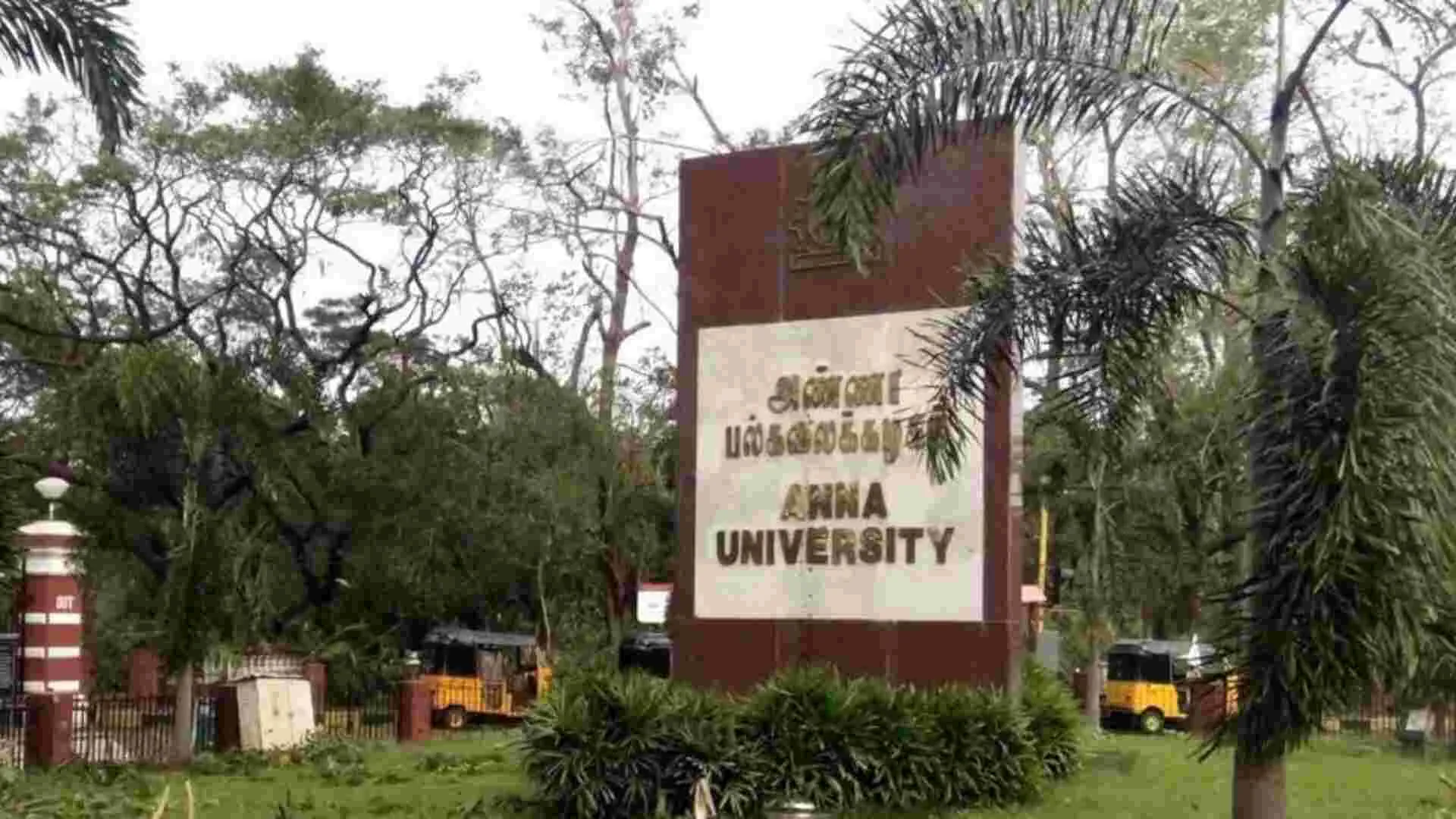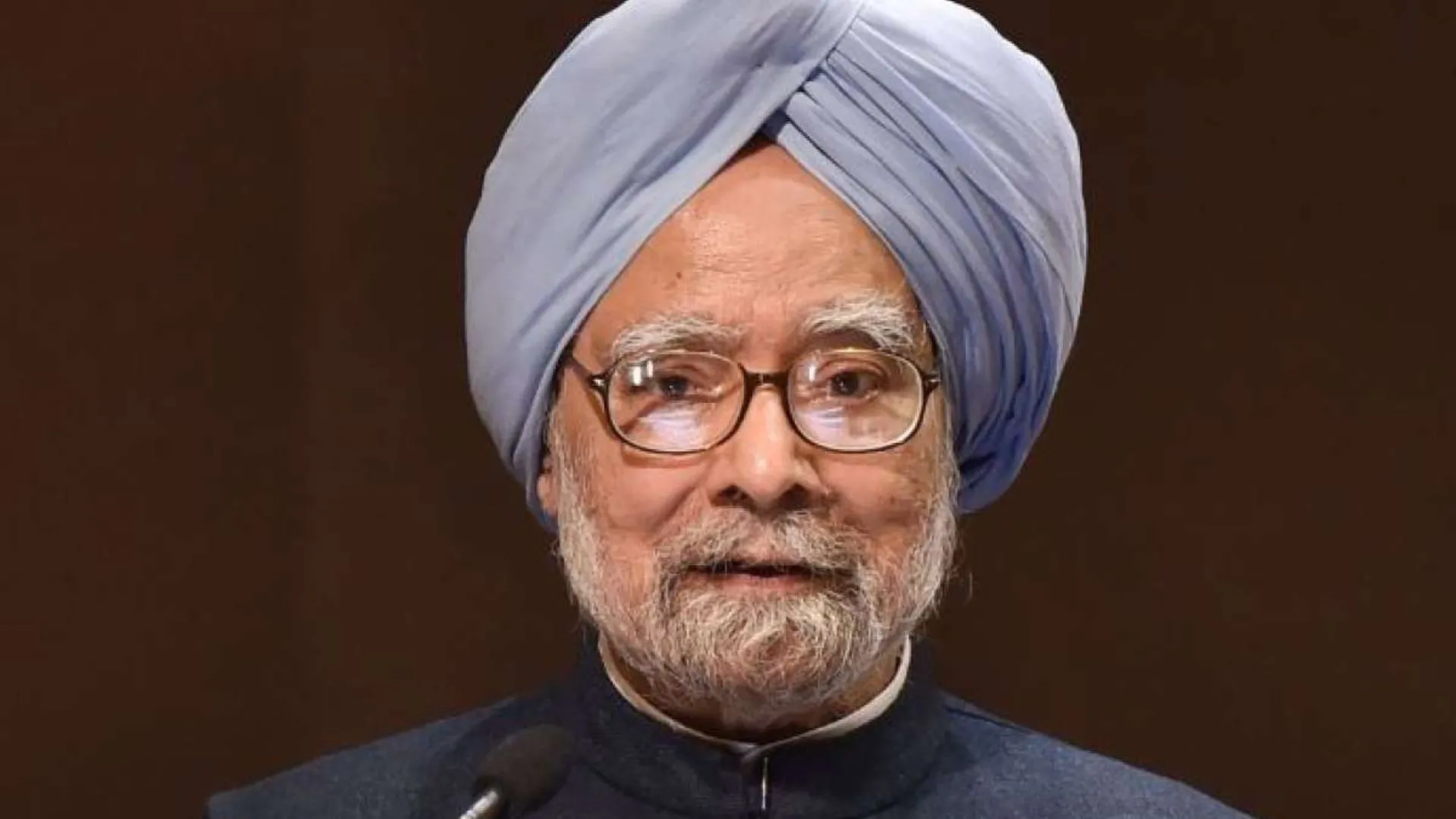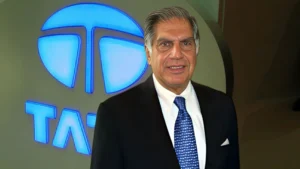Ratan Tata, now 86, is the Chairman Emeritus of Tata Sons and continues to inspire through his philanthropic work and mentorship of young entrepreneurs. He is currently in critical condition and has been admitted to the Intensive Care Unit (ICU) at Breach Candy Hospital in Mumbai. The 86-year-old business leader had initially reassured the public through social media that his hospital stay was part of routine medical check-ups related to age. However, recent reports indicate that his condition has worsened, leading to intensive care monitoring. While Tata remains optimistic, further updates on his health are awaited. Although retired from active leadership, his legacy as a visionary leader, who transformed the Tata Group into a global powerhouse, remains unmatched in India’s corporate history.
In 2024, Ratan Tata’s estimated net worth stands at Rs 33.7 trillion (approximately US$403 billion). As one of India’s most respected industrialists, his wealth and influence continue to make headlines. Ratan Tata’s tenure as the former chairman of the Tata Group transformed the conglomerate into a global giant, solidifying his impact on both the company and the broader Indian industry. His leadership has left an indelible mark on sectors ranging from steel and automobiles to IT and telecommunications.
Humble Beginnings: From Apprentice to Visionary Leader
Ratan Naval Tata was born on December 28, 1937, into the illustrious Tata family. After studying architecture at Cornell University and attending the Harvard Business School’s Advanced Management Program, Tata had the world at his feet with an offer from IBM. However, his deep sense of responsibility to his family and nation brought him back to India. In 1962, he started his career as an apprentice on the shop floor of Tata Steel in Jamshedpur, laying the foundation for what would become a transformational journey.
Taking the Helm: Overcoming Skepticism and Resistance
In 1991, when Ratan Tata took over as chairman of Tata Sons, many in the business world were taken by surprise. Some of the group’s senior leaders, more closely associated with JRD Tata’s decentralized style of management, saw him as an outsider. Despite the initial skepticism, Tata took bold steps to unite the conglomerate under a cohesive identity, focusing on modernizing the Tata Group’s operations and steering it toward a global vision.
Driving Transformation: A Vision for Global Expansion
Tata’s tenure marked a turning point for the group, transforming it from a collection of largely domestic businesses into a global powerhouse. Under his leadership, Tata Motors launched its first indigenous passenger car, the Tata Indica, in 1998—a project that was as symbolic as it was ambitious. Despite initial challenges, the Indica solidified Tata Motors’ position in the passenger car market. The subsequent launch of the Tata Nano—the world’s most affordable car—cemented Tata’s reputation for pushing the boundaries of innovation, even if the Nano fell short of commercial success.
The Global Gambit: Major Acquisitions and Strategic Risks
Ratan Tata is perhaps best known for his bold global acquisitions, which marked the group’s expansion onto the world stage. In 2000, Tata Tea (now Tata Global Beverages) acquired British tea giant Tetley, followed by Tata Steel’s acquisition of Corus in 2007, and Tata Motors’ purchase of Jaguar Land Rover (JLR) in 2008. Each of these acquisitions came with its own set of challenges, especially the Corus deal, which was affected by the global financial downturn. Despite this, the acquisitions redefined the Tata Group as a global brand and opened up new avenues for growth.
Fostering a Culture of Innovation: The “Dare to Fail” Philosophy
One of Ratan Tata’s enduring contributions to the group was his relentless pursuit of innovation. He encouraged experimentation and created a culture where failure was seen as a stepping stone to success. The “Dare to Fail” initiative rewarded risk-taking and allowed the group to explore innovative solutions, such as the Tata Swach, a low-cost water purifier aimed at improving access to clean water in rural areas. These projects reflected Tata’s belief that business could and should address societal needs.
Ethical Leadership and Philanthropy: A Legacy Beyond Business
Unlike many corporate titans, Ratan Tata’s net worth does not reflect the true scale of his impact. As of 2024, his estimated personal wealth is around $1 billion, a modest figure given the size of the Tata Group, which generates over $130 billion in revenues. Much of the group’s profits are channeled into the Tata Trusts, which control 66% of Tata Sons’ shares and are dedicated to philanthropic causes ranging from education to healthcare.
Navigating Challenges: The Cost of Ambition
While Ratan Tata’s leadership brought great success, it also involved navigating significant challenges. The Corus acquisition strained Tata Steel financially, and the Nano failed to meet market expectations despite its innovative concept. The debt accumulated from various global expansions raised concerns among investors. Nevertheless, Tata’s long-term vision remained intact, with his focus on the group’s sustainability and continued growth.
Legacy of Leadership: An Icon of Corporate Integrity
Ratan Tata officially stepped down as chairman of Tata Sons in 2012, leaving behind an unparalleled legacy. His leadership not only globalized the Tata Group but also reaffirmed its commitment to ethical business practices. Today, Tata continues to mentor young entrepreneurs, support start-ups, and remain active in philanthropy, ensuring his influence extends well beyond the boardroom.
A Global Empire: The Tata Group Today
The Tata Group, with its vast and diverse portfolio ranging from Tata Steel and Tata Motors to Tata Consultancy Services and Taj Hotels, stands as a symbol of India’s industrial prowess on the world stage. Under Ratan Tata’s leadership, the group’s revenue grew over 40-fold, with international operations contributing significantly to its success.
Also read: EC Will Meet Congress Party Members Over Haryana Election Results
A Life of Purpose and Impact
Ratan Tata’s journey is a story of resilience, vision, and integrity. His leadership reshaped not just the Tata Group but also set a new standard for Indian businesses. His legacy is not merely defined by financial success, but by his ability to foster innovation, nurture ethical business practices, and give back to society through impactful philanthropy. Ratan Tata’s story serves as an inspiration for generations of leaders, reminding us that business success and social responsibility can go hand in hand.

